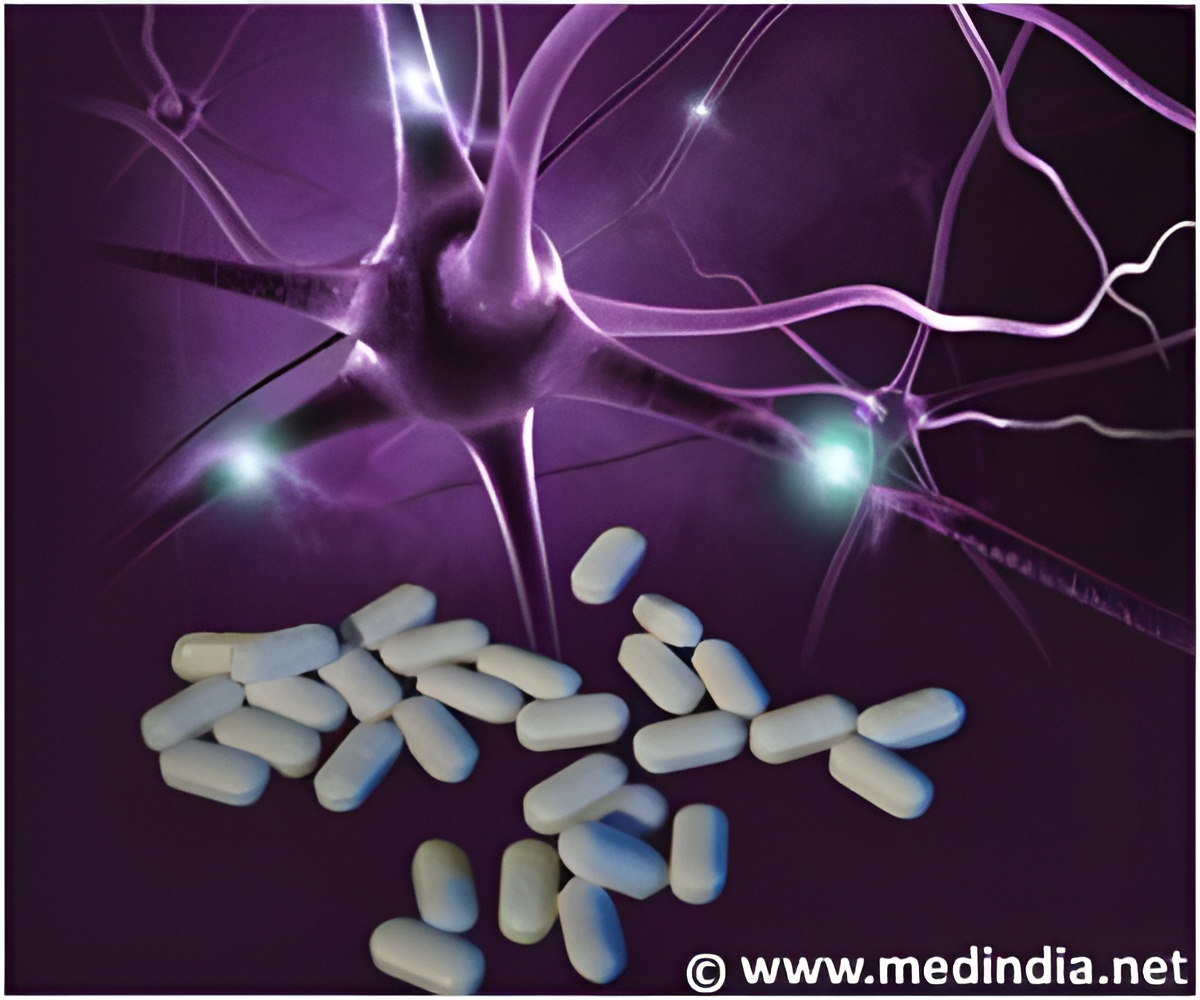Metformin, a common diabetes drug, has the ability to trigger the growth of new brain cells. This discovery enhances the scope for new therapies to treat neurodegenerative diseases.

The research involved laboratory experiments carried out on both mouse and human brain stem cells grown in petri dishes. Learning and memory tests were also performed on live mice that were given the drug.
Metformin was added to the stem cells from mice brains, after which the experiment was repeated on human brain stem cells that were generated in the laboratory. It was found that both the mice and human stem cells gave rise to new brain cells.
Metformin was then administered to live lab mice, when it was discovered that the rodents administered with daily doses of the drug for a period of 2-3 weeks had an increased spurt of brain cell growth. These mice also outperformed other mice, who were not given metformin, in learning and memory tasks of which a standard test employed was a water maze in which the mice were expected to swim around until they located a hidden platform.
It was found that the metformin-treated animals were remarkably good at learning new things much better than the controls (untreated mice). The mice that got the metformin, showed increased flexibility in terms of the way they learned the location of things. They could locate the platform even if it was moved to some completely different place.,
Principal investigator and senior scientist Freda Miller said it was the surprise element that prompted the research team to carry out the study. A year and a half ago they hit upon a signaling pathway known as PKC-CBP that instigated embryonic neural stem cells to make brain cells. Around the same time, some U.S. collaborators at Johns Hopkins University found that the same pathway was activated by the drug metformin in liver cells to control sugar levels. Miller believes that there is a lot of excitement among scientists about discovering a drug that could recruit stem cells to produce healthy neurons in individuals with neurodegenerative diseases, even if it is only to give people a slightly healthier and longer life.
One big bonus for researchers is that metformin has for long been prescribed for treating a number of diseases, including metabolic disorders in children. It has also been shown to have anti-cancer properties and has been used to treat people of all ages, ranging from 7-107. Therefore this drug has been-researched and tested and there is a lot of safety data available on it.
Reference - http://www.winnipegfreepress.com
Source-Medindia















